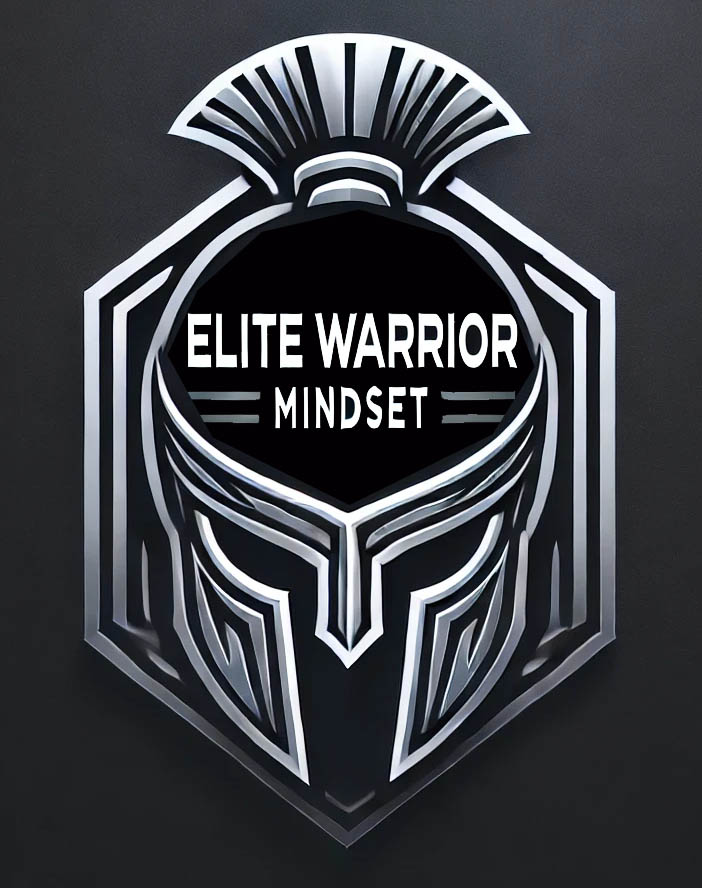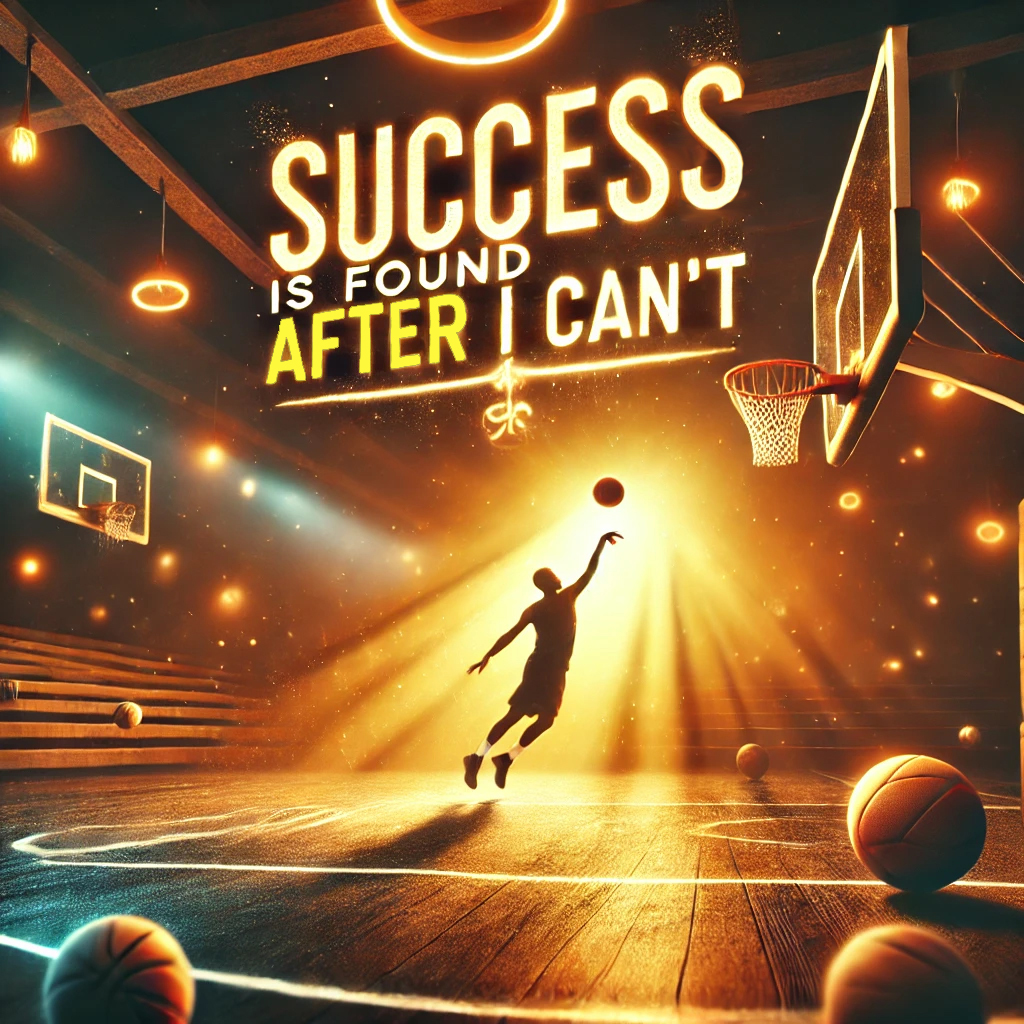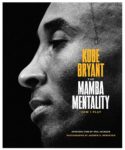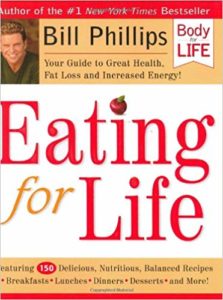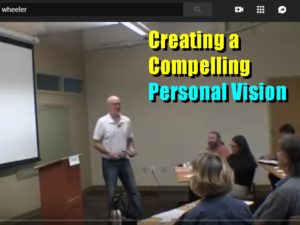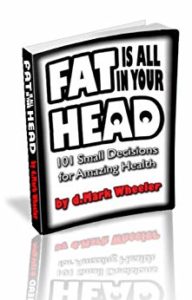Let’s talk about Mind Control… specifically who controls your mind.
Because If You Don’t Have Control of your Mind, Someone Else Will
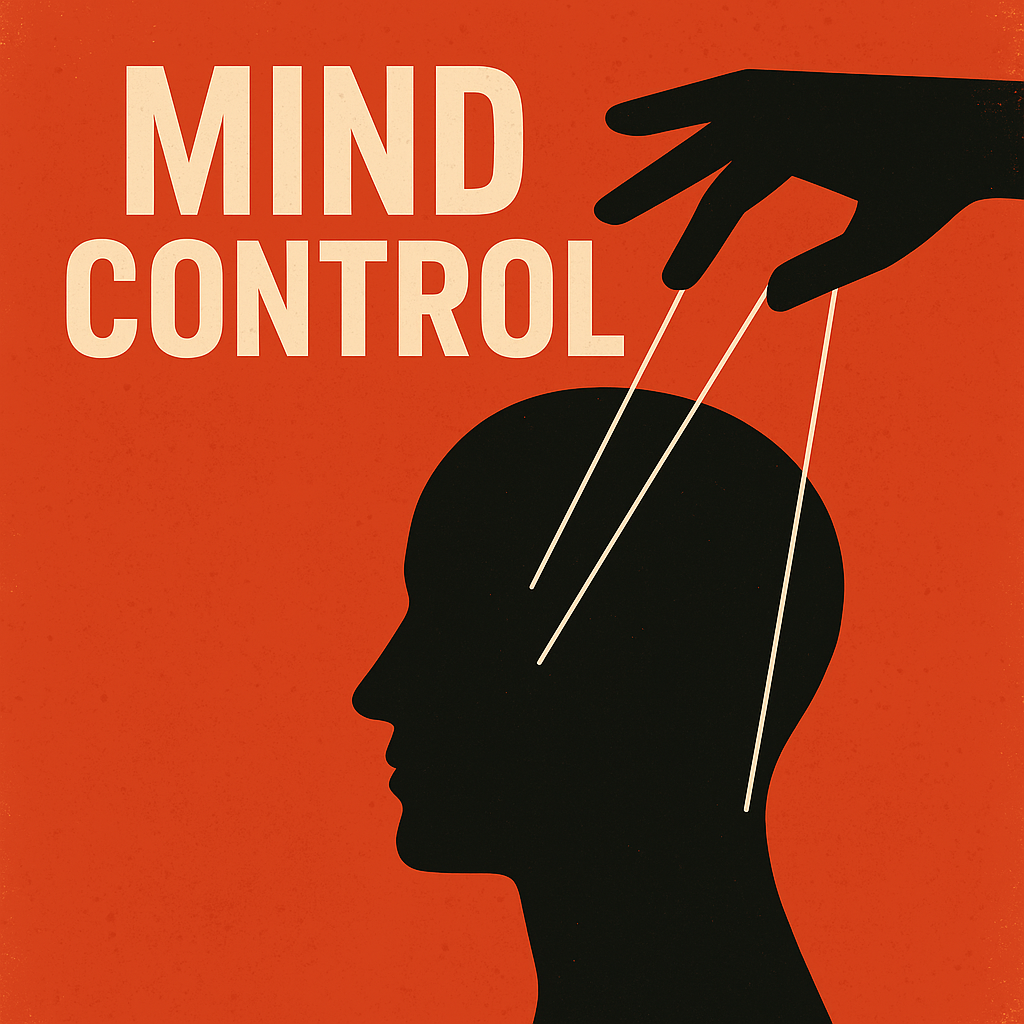
What if I told you your greatest battlefield isn’t out there in the world… but inside your own head?
What if the most important fight for your future isn’t with the economy, or your job, or even your relationships…
but with the thoughts you allow to set up camp in your mind?
Because here’s the truth:
If you don’t control your mind, someone else will.
And you can be sure—it won’t be in your favor.
How Does It Happen?
It’s subtle. Almost invisible. Like water shaping a stone drop by drop.
One suggestion here. One fear planted there. One “just trying to help” from someone who loves you… but never broke out of their own cage.
And before you know it, you’re living out a script that isn’t yours. A play written by someone else.
Parents. Teachers. Friends. Advertisers. Politicians. Even social media algorithms.
Not all of it is malicious. Most of it isn’t.
In fact, many of the people influencing your thoughts and decisions genuinely believe they’re helping you.
But even the most well-intentioned guidance can become a prison if it’s based on fear, limitation, or outdated beliefs.
Let’s look closer.
Your Parents Loved You …
. . . But They Weren’t Perfect
Nobody walks away from childhood without a few scars.
Even in the best homes—full of love, structure, and support—parents still pass along stories.
Stories that were passed to them, and to their parents before that.
- “People like us don’t do things like that.”
- “Money is hard to come by.”
- “It’s better to play it safe.”
- “You should be grateful and not want too much.”
Sound familiar?
These kinds of beliefs often masquerade as “wisdom.” And they might have made sense… decades ago, in a different time, in a different place, with different resources and different options.
But the world has changed. And if you never challenge those beliefs, they’ll quietly direct your life from the shadows.
You’ll pull back when you should push forward.
You’ll say “I can’t” when you really mean “I’ve never tried.”
You’ll pass up opportunity… because your mind has been trained to avoid risk.
And here’s the dangerous part: you’ll think those thoughts are yours. But they’re not.
They’re inherited.
The Media Is Selling You a Mindset
Now let’s talk about the elephant in the room—media.
Not just “the news,” but advertising, entertainment, social platforms… all of it.
These systems are designed to capture attention, stir emotion, and influence behavior. That’s not conspiracy. That’s business.
If the media can make you feel fearful, angry, or like you’re not enough—
they can sell you something to fix it.
A product. A lifestyle. A political candidate. A belief system.
Ever notice how the news rarely ends with solutions?
It’s not because there aren’t any.
It’s because outrage gets more clicks than calm.
Fear holds attention better than hope.
Division is easier to sell than unity.
And guess what? Every time you scroll… every time you tune in… you’re training your mind.
Not just what to think, but how to think.
You’ve Been Trained—But You Can Retrain
Think about it. Most people spend more time programming their playlists than they do programming their thoughts.
We guard our passwords but let anything into our brain.
We say we want success but surround ourselves with messages that scream scarcity, danger, and division.
We’re hypnotized by repetition.
Entertained by fear.
And slowly… we forget we ever had the power to choose our thoughts in the first place.
But you do.
The ability to think independently—deliberately—is not some rare superpower.
It’s your birthright.
It’s just been neglected.
And now… it’s time to wake it up.
Why It Matters
You were not born to be a pawn in someone else’s plan.
You were not created to echo recycled fears.
And you certainly weren’t put here to live a secondhand life, following a map you didn’t draw.
You were born with the raw material to shape your own reality.
But that starts with the mind.
Control it—and you unlock everything else.
One Final Thought: Who’s In Charge?
Let me leave you with a question.
When your alarm goes off tomorrow morning…
When you look in the mirror…
When you choose what to focus on, what to believe, what to chase—
Who’s in charge?
Is it the scared voice from childhood?
The commercial you saw last night?
The political slogan drilled into your head?
Or is it you?
Take your mind back.
Guard it like your life depends on it.
Because it does.
And once you learn to control your mind…
You’ll find you can shape your habits, your relationships, your outcomes—
your entire life.
That’s power.
And it’s yours for the taking.
Coming soon: This article was about Mind Control and WHY it is important. The upcoming follow-up article, being released on Monday, will give you the step-by-step process to take control of your mind. The title: “How to Control Your Mind for Fun and Profit.“
Because taking control isn’t just survival—it’s strategy.
And it just might be the smartest, most profitable move you ever make.

